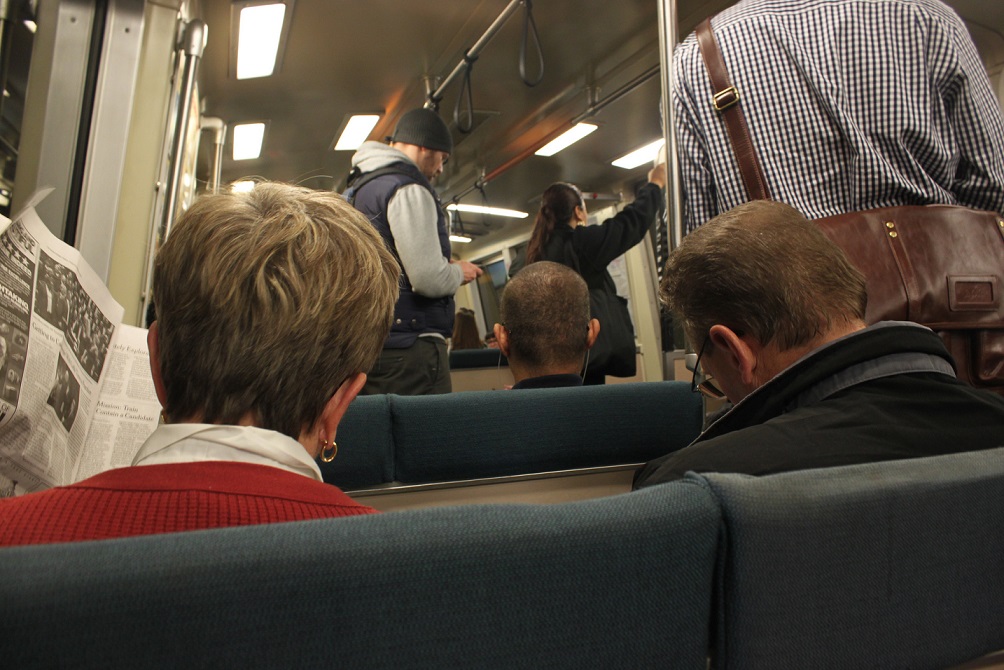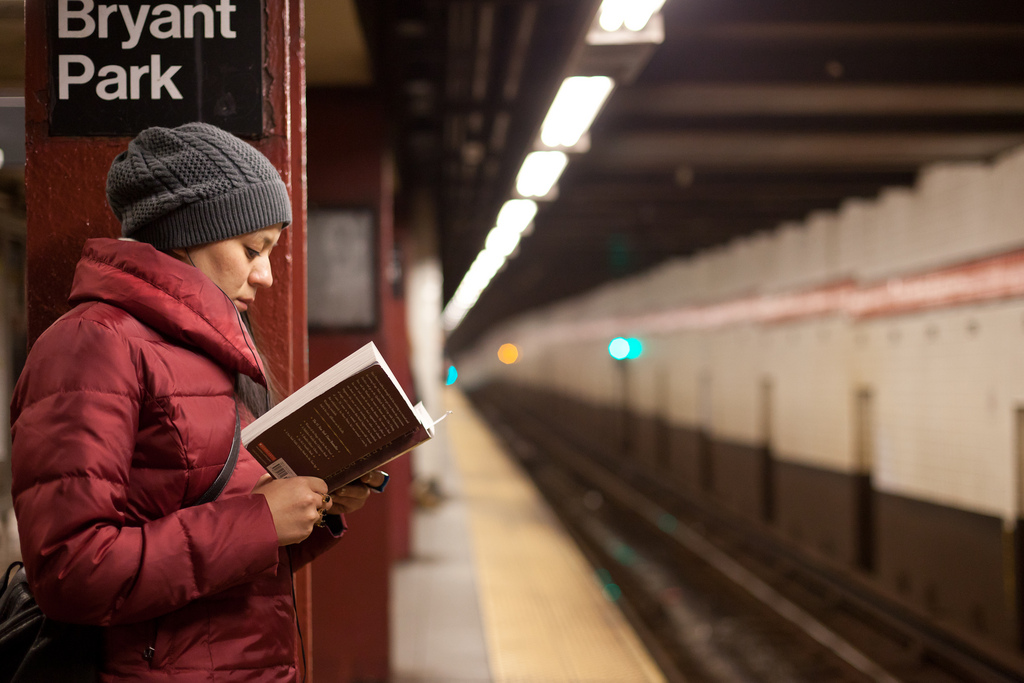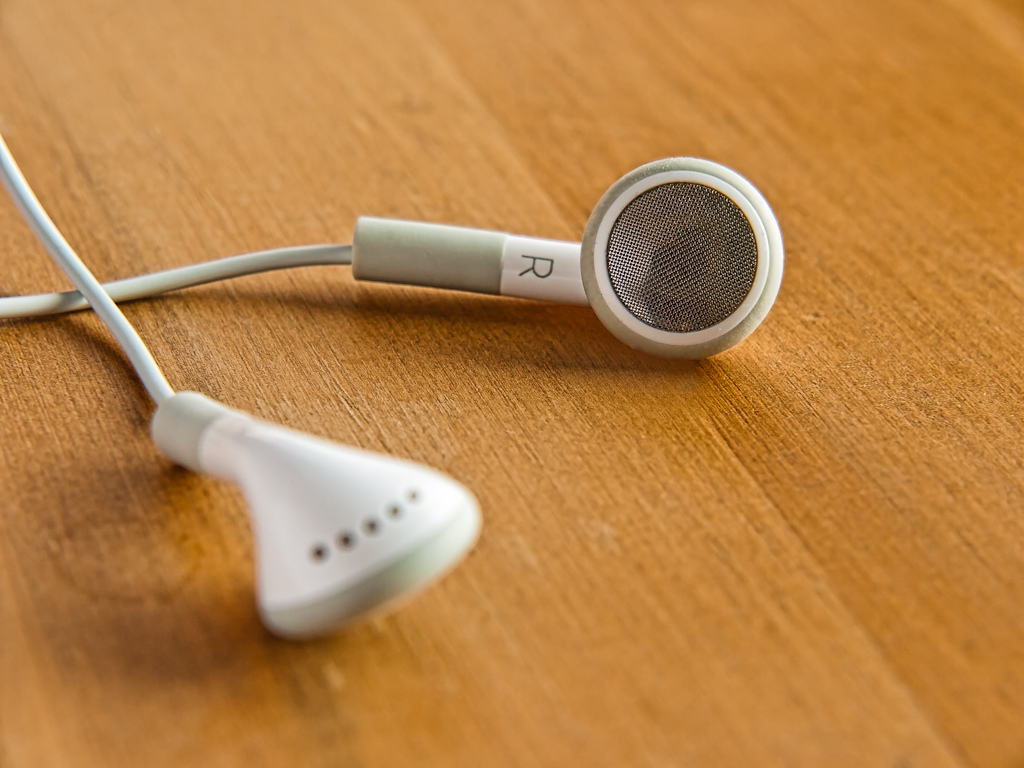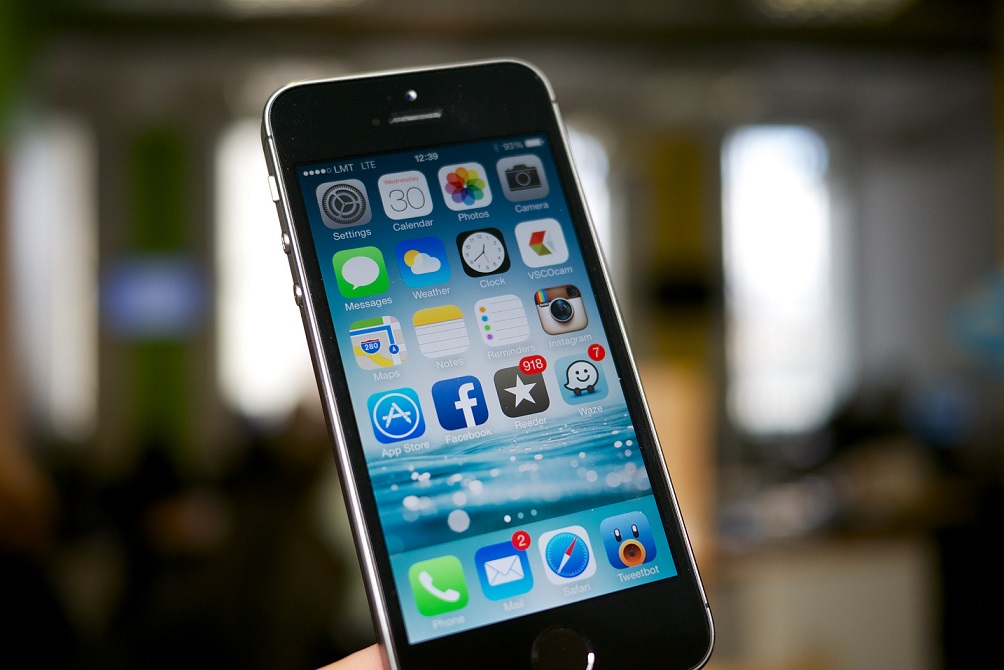Daily commute to and from work may be a source of discomfort and fatigue for many people, especially if the distance they travel each day is long. We’ve all had our share of sleepiness in public transportation. If you don’t plan it strategically, sleeping in buses and train may do you more harm than good. You could wake up tired and dizzy, not to mention the possible neck and back pains associated with uncomfortable sleeping postures.
On the other hand, the commute may be perceived as an opportunity for growth and a fertile source of inspiration and recreation. You shouldn’t underestimate the commute time no matter how short it might seem. Let’s say that you need an average of 60 minutes each morning to get to your work and you need the same amount of time in your way back home. This means that each week you spend 10 hours commuting. To put it in a wider context, you spend 40 hours each month, here you go a whole work week at your disposal!!– which is a modest estimate since many people spend more time on the road than that.
According to the U.S. Census Bureau 2013, 10.8 Million people travel an hour each way on workdays and 600,000 people travel 90 minutes (50+ Miles) to work.
Personally, I live approximately 60 miles from work and I travel 90+ minutes each way every single work day. At the beginning I tried to use my car, it was ok for a week or so, but then it turned out to be more tiring and stressful than I thought, especially during heavy-traffic days. Although I’m a big fan of long distance driving and I really find it relaxing and mind clearing, that didn’t stop me from taking the decision to stop using my car and switch to public transportation. I liked the convenience of not having to worry about driving and traffic jams anymore. However, sitting in a bus or a train for 90 minutes isn’t entertaining at all if you don’t plan it ahead and utilize it to your own wellbeing.
Here are 10 tips that will help you maximize your productivity while maintaining a good and positive mood:
1. Mind Your Own Posture First
Photo: Ernie Migraine
Priority #1 when commuting for long distances is to take care of your posture and to be seated properly. This might be tricky, since not all public transportation means have the same type of seats and options. Still, most buses and trains that are used for long commuting have adjustable seats. You should keep the back of your seat in an upright position with a little inclination that suites the ergonomics of you back. Do not be tempted to move it all they down if you want to sleep; because this will exert a lot of pressure on your lower back and might cause you some back pain.
Also try to keep your legs stretched to the front with your heels on the floor to avoid stressing your knees for a long time. Every once and a while rotate your feet around the ankle little bit and move your toes to refresh the blood circulation in the lower part of your body.
2. Secure You Neck
Photo: Tom Magliery
One of the most affected parts of your body by long distance commuting is your neck – especially if you suddenly fall asleep while your neck is in the wrong position. So if you want to maintain a good spinal health on the long run, you need to take care of your neck.
One of the easiest ways to protect your neck and keep it safe and comfortable at all times during your commute it to use a foam neck pillow. It is comfortable and most importantly it fits easily into your back bag or suitcase.
I’ve used a micro bead neck pillow for a while but then I had to abandon it for the more comfortable foam one. You can buy it at amazon for around $13.
Don’t forget to clean it regularly to prevent the clustering of bacteria and to protect it from bad smell. Good news is that some of them are microwavable; so you don’t have to worry about a complicated washing process.
3. Stay Hydrated
Photo: Leo Newball, Jr
You should keep a small bottle of fresh water with you at all times. Your body needs water in order to stay active and energetic. Don’t wait until you feel thirsty to drink water, keep the bottle close to you –preferably in the seat’s bag in front of you- and take regular sips along the way. Sitting in a bus or a train for an extended period of time and not performing any major muscular activity doesn’t mean that your body isn’t losing water. Truth is that it does, and you need to act on it. If you wait until you’re thirsty, this means it is too late and your body is already dehydrated.
4. A Few Minutes Of Planning Each Way, Let You Harness The Fruits Of The Whole Day!
Photo: john.schultz
Start your journey in the morning by planning your day ahead, also do the same on your way back and plan your evening in advance – Just a few minutes each way will work like magic. Use a journal, notepad or simply your smartphone to jot down the main ideas and actions that you need to take and write the desired outcomes that you want to achieve.
This will keep you focused thought the day and the evening. You don’t need to write detailed plans; just keywords and highlights will be enough for you to clear your mind without forgetting about what really matters.
5. Read, But Do Not Over Read!
Photo: Jens Schott Knudsen
It may seem surprising and counter-intuitive for some, but the truth is reading for a long time isn’t the wisest thing to do if you are a regular commuter. Reading requires you to be alert the whole time, which makes your trip a little bit tough and draining.
If you like to read on your way to work, do so for 10-20 minutes after you’ve written down the brief plan of the day/evening. The repetitive movements of the bus or train you’re in and the constant background engine and traffic sounds will put you in a semi-hypnotic state that will make it harder for you to stay 100% attentive the whole way. You will notice that after a while, you’ll keep losing track of what you’re reading and you won’t comprehend the material entirely.
6. Audio Books And Podcast Are A Heaven For Commuters
Photo: Eric Bennett
Since prolonged reading isn’t the best thing to do during your trip, audio books and podcasts of your choice are much more practical. After all, it’s about effectively optimizing your method of consuming information.
Pre download your favorite audio books and podcasts and copy them to your iPod/smartphone. Make customized playlists based on your preferences and make them ready to go. Listening to books narrated requires much less mental effort than reading them. Make sure to have a pen and a paper handy to quickly capture any ideas or pieces of information that are important to you. Don’t rely on your memory, you might be in that semi-hypnotic state and forget them once you get out of the bus – True story!
If you are too tired to read or listen to audio material, just put on some calm music and relax. Relaxation when needed is productivity as well. So don’t worry much about finishing that book or listening to that whole podcast today, you’ll do that later.
7. Put Your Smartphone On Silent
Photo: Kārlis Dambrāns
If you want to listen to music or podcasts using your mobile phone, make sure to reduce the ringtone volume to the lowest or simply put it on silent mode. Why? Just try to leave it on full throttle while you have the earbuds on, and you’ll discover the why by yourself when somebody calls you!
8. Set An Alarm Even If You Are Not Planning To Sleep
Photo: Massie
If you’re commuting 2-4 hours a day 5-6 days a week you shouldn’t rely on your own pure willpower to stay awake. Always set an alarm that goes on at least 10 minutes before you arrive at your destination. This way you will make sure not to oversleep and miss the right station. With smartphones, now it’s very easy to set a recurring alarm for work days so you don’t have to worry about setting the alarm each time you travel. I prefer to set my smartphone’s alarm 15 minutes before arriving in the morning and 10 minutes in the afternoon. It adjust the settings to silent mode (vibration only) – since I usually keep it in my pocket.
You won’t always need it and mostly you’ll be awake when it rings, but it’s definitely worth the embarrassment of having to explain to your boss why you came late. If you are your own boss then you owe it to yourself to be punctual and reliable.
9. Keep A Light Sweater And A Baseball Cap Or A Pair Of Sunglasses In Your Bag
Photo: chantrybee
You can wear the sweater in case you felt a little cold inside the bus or train. Mornings are usually cold even during summer and sometimes the air conditioning is set to a low temperature. So instead of approaching the driver and asking them to adjust the temperature just pull out your sweater and put it on. This will save you time and effort and most importantly will keep you warm and cozy. However, you should choose a lightweight sweater to carry on; so that your bag doesn’t turn into a powerlifting contest!
When you decide to sleep, you can use the baseball cap or put on the sunglasses to cover your eyes. This will give you a sense of privacy inside the bus or train and will block direct daylight so it becomes a little darker for you to sleep with no trouble.
10. Breath, Breath & Breath
Photo: Shawn Rossi
One of the easiest things to forget during your long commute is to breathe well. Although the closed, air-conditioned atmosphere of buses and trains doesn’t provide you with very fresh blasts of air, this shouldn’t keep you from maintaining good breathing habits. Having regular deep breaths will keep you lively and relaxed. Your brain thrives on oxygen, remember? So you need to make of breathing deeply a fixed habit. Usually people feel exhausted and sleepy inside public transportation because they automatically start taking shallow breaths once they get in. you can easily prevent that by focusing on deep Diaphragmatic breathing until it becomes a routine.
###
Photo: Nicolas Alejandro













Hey,
The article is great and really helpful, but since it all about what to do while you’re riding the public transportation, I think it’s worthy to make an article about the advantages of using the public transportation particularly in Jordan.
Second thing is, the article concentrates a lot on the idea of ( smartphones ), while many people don’t have a smartphone. I look forward to the day I can get rid of using a cell phone at all. 🙂
Go ahead and best of luck 😉
Hello Yazan,
Thank you very much for your feedback.
cellphones are definitely a major sources of distraction and overwhelm; If they are not used wisely.
I will take your suggestion into consideration when writing future articles.You are always welcomed to share your ideas and suggestions here.
Best Regards,,
I agree that a little bit of planning can go a long way. Commuting can be time-consuming, and so you must use that time wisely. Unfortunately for me, I live in a hot climate and avoid buses and trains like the plague. Once I start sweating, my plans to read or write get thrown out the window. I like my car and my music.
Hello Kevin!
Thank you very much for taking the time to read this article and comment on it 🙂 You’re right, sometimes our days don’t go according to the plan. However, the process of planning itself can give you focus and clarity even if you don’t stick 100% to the plan! There is a nice quotes that says: “Plans are Useless, but Planning is Indispensable”. By the way, I know what you mean – because summers where I live (Jordan) can get really hot and sweaty here!
Would you please do me a favor and tell me what are your favorite 2-3 topics that if I write about today will make you happy? Your feedback is much appreciated.
Stay Lively!
Saed